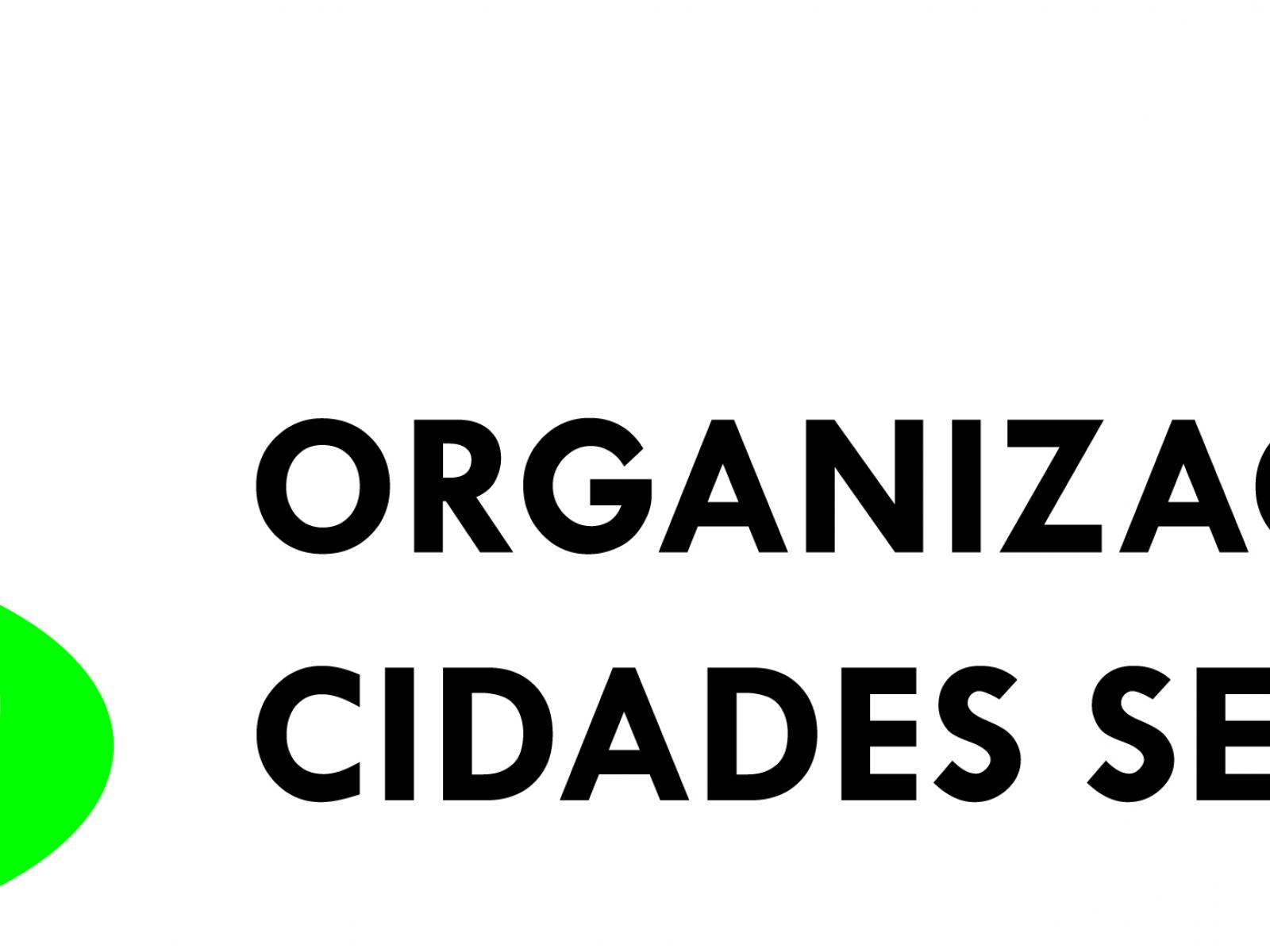An Overview Of Our Solution
- Population Impacted:
- Continent: South America
Organization type
Population impacted
Size of agricultural area
Production quantity
People employed
Describe your solution
Describe your implementation
External connections
What is the environmental or ecological challenge you are targeting with your solution?
Describe the context in which you are operating
The city’s East Side, given the housing concentration and the non-existence of job- generating programs for its economically
active population (PEA), stands out as grim sprawl of poverty and violence in the municipal context.
Though located in the metropolitan region, poor social conditions, precarious road access and low economic activity
keep it segregated from the rest of the metropolis. Some 3.3 million people (33% of the city’s population) live in the
East Side, a region characterized by a 0.478 average HDI, an 11 percent child mortality rate and an undesirable crime
rate of 76.3 cases per year for every 100 thousand inhabitants. The population is formed mostly of migrants from
Brazil’s poorer northeastern states in search of job opportunity and better living conditions. As the most of the area’s
workforce is unemployed, the distribution of food baskets by the city is often the only source of nourishment for
many families.
How did you impact natural resource use and greenhouse gas emissions?
Language(s)
Social/Community
Water
Food Security/Nutrition
Economic/Sustainable Development
Climate
Sustainability
During the first year, CITIES WITHOUT HUNGER offers training and workshops for the participants concerning organic
farming. Moreover, the participants get financial support during the first year of the project. Afterwards, the
beneficiaries are able to work independently without any assistance required. CITIES WITHOUT HUNGER enables
the farmers the access to the market by doing advertisement in restaurants, communities and local fruits and vegetable
markets.
Return on investment
Entrant Banner Image

